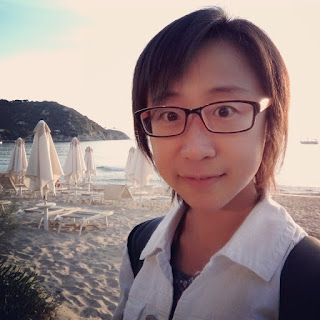Winner of the 2019 Award for Excellence in Detector Characterization and Calibration Announced
The LIGO Laboratory congratulates Dr. Ling “Lilli” Sun of Caltech for winning this year’s LIGO Laboratory Award for Excellence in Detector Characterization and Calibration. Her outstanding contributions to the estimation of gravitational-wave strain incident on the LIGO detectors in near real time, including systematic error and uncertainty, are foundational to all astrophysical results generated with Advanced LIGO data collected during the current observing run (O3).
Dr. Sun played a leading role in every part of constructing the required detector models and uncertainties for both LIGO detectors leading up to and during O3. She updated the calibration model to reflect new features in the detectors, improved estimation of systematic errors, and developed an analysis to produce these uncertainty and systematic error estimates every hour in real time.
Dr. Sun’s work has enabled a wide range of gravitational-wave analyses, including minutes-latency public event candidate alerts and tests of general relativity. All of her essential contributions to LIGO detector calibration proved to be even more valuable with a significantly higher event detection rate in O3 than O2.
Dr. Sun will receive a $1,000 prize and will present an invited colloquium at one of the LIGO Laboratory sites (LIGO-Hanford, LIGO-Livingston, Caltech, or MIT) to share her achievements with LIGO Laboratory members. She will receive an award certificate at the LIGO-Virgo Collaboration meeting in March 2020.
Read more about the LIGO Laboratory Award for Excellence in Detector Characterization and Calibration.
Find a list of excellent LIGO Detector Characterization and Calibration projects that earned honorable mention for the 2019 award.
Image: Ling Sun is now a Postdoctoral Scholar in the California Institute of Technology, working on gravitational-wave data analysis and detector calibration in the LIGO Scientific Collaboration. She got her PhD degree in Physics in the University of Melbourne (Australia), and masters degree in Communication and Information Systems in Shanghai Jiao Tong University (China). She worked in IBM China System and Technology Lab as a software engineer and project manager before starting her PhD. Her primary research interests include gravitational-wave signal processing, learning fundamental physics from gravitational-wave observations, and gravitational-wave detector calibration. (Credit: Caltech/MIT/LIGO Lab)

